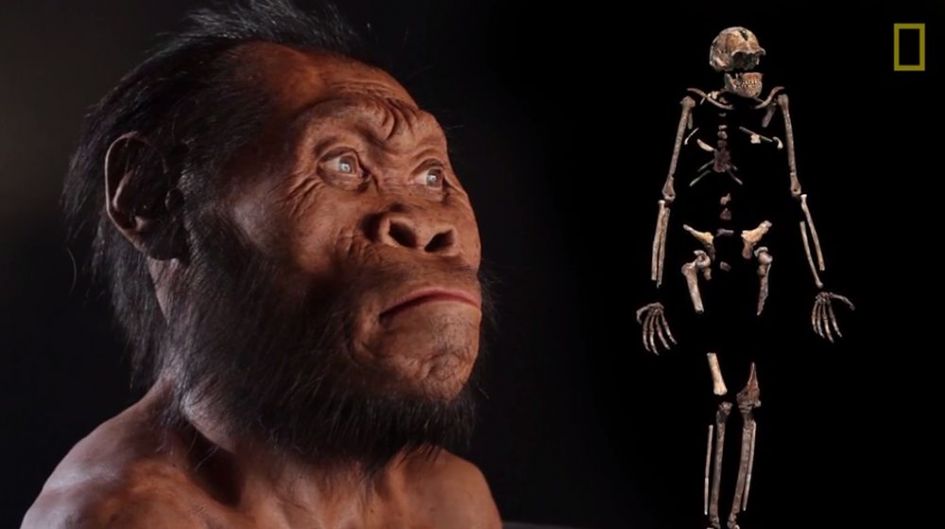An extraordinary new non-human species that buried its dead and lived in South Africa about two and a half million years ago was introduced to the world on Thursday.
“A new species within our very genus. A new species that we have called Homo naledi – naledi meaning star,” said Wits University paleoanthropologist Professor Lee Berger at Maropeng Cradle of Humankind, north west of Johannesburg.
The discovery unveiled on Thursday was found in a remote, deep underground chamber of the Rising Star cave in October 2013, 1.5 kilometres from Sterkfontein, a warren of caves that have been providing many of the clues on how humans evolved.
Remarkable conclusion
“These individuals came in one at a time over a period of time. We are also left with the idea that they did not live there. The chamber has never been opened to the exterior world. Its entrance is difficult.
“That has led us to the rather remarkable conclusion that we have met a new species that has disposed of its dead.”
The find revealed complete skeletons of children and adults with a mixture of human-like and primitive features, who had to have been petite enough to fit through a narrow chute to get into the cave.
Their feet were long and human-like and were made for long distance and effective walking, said Paul Dirks, honorary professor in geology at Wits.
Their hands were complete and humanoid with wrist bones, a thumb, and broad fingertips able to manipulate objects with a powerful grip.
Complete dental sets ranging from young children to very old adults – representative of the demographics of an entire population – were found.
Their brains were relatively small at 450 to 550 cubic centimetres – one third of human brains today.
‘A giant step to understanding who we are’
But what excited the huge team so much, was the possibility that these ancestors had entered the chamber over a period of time without the intention to live there.
They were not washed in by a flood, they were not dragged in by animals, there was no mass catastrophe, which led to the conclusion that they deliberately disposed of their dead in the chamber, said Berger.
Previously researchers thought that ritualised behaviour was unique to homo sapiens – humans.
“It perhaps identified us, or separated us from the animal kingdom – the idea that we recognised our own mortality and would go to great effort in moving them to another place.
“We have now seen, we believe, a species that had that same capacity.”
Deputy President Cyril Ramaphosa said: “Naledi took a small step into the chamber, but for us it is a giant step to understanding who we are.”
Wits University Vice Chancellor Adam Habib said the momentous discovery established the scientific foundation for a common humanity.
Habib said the discovery process also changed the way research and knowledge was shared. Anybody can log in to http://www.wits.ac.za/files/hlfs5_238079001441867779.pdf to read the academic papers so that knowledge is not just for those who pay for it, he said.
“It is that common humanity in which we as a species will survive.” News24






 WhatsApp us
WhatsApp us 

